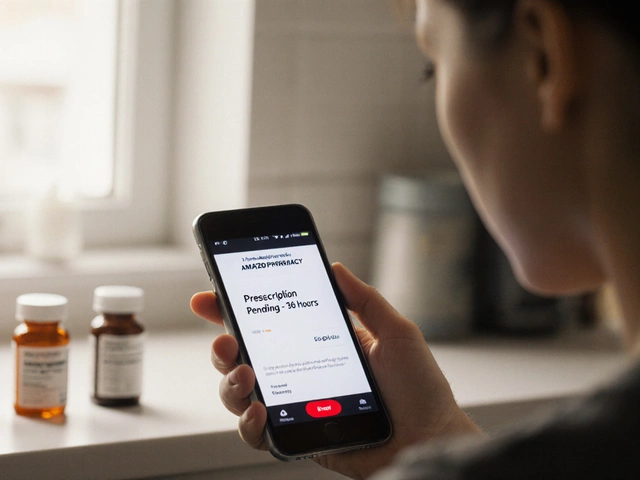Open Heart Surgery – Who Can Get It and What Happens After?
If a doctor has told you you might need open heart surgery, the first thing on your mind is probably “Am I even a candidate?” Age is the big question most people ask. The short answer: there isn’t a strict cutoff, but doctors look at a mix of factors – heart health, other illnesses, and how well you can handle the stress of surgery.
Let’s break it down into bite‑size pieces so you know exactly what to expect, whether you’re 55 or 78.
How Age Impacts Eligibility
Older patients often have more health issues – high blood pressure, diabetes, or reduced lung function. That doesn’t automatically rule them out, but it does mean the surgical team will run extra tests. They’ll check things like:
- Heart function (ejection fraction)
- Kidney health
- Overall fitness for anesthesia
- Medication list (some drugs increase bleeding risk)
If the results are good, age alone won’t stop you. In fact, many centres perform open heart surgery on patients in their 70s and even early 80s with excellent outcomes, as long as the risk‑benefit balance looks favorable.
Typical Surgery Time and Recovery
Most open heart procedures last between 3 and 6 hours. The exact time depends on what’s being fixed – a valve replacement takes longer than a simple bypass graft. After the operation, you’ll spend 1‑2 days in the ICU while the team watches your heart rhythm, breathing, and wound.
From there, a typical hospital stay is 5‑7 days. The first week at home is the toughest – you’ll feel tired, have some chest discomfort, and need to limit lifting anything heavier than a grocery bag. Physical therapy starts early, often while you’re still in the hospital, to keep your lungs and legs moving.
Most people regain most of their normal activities within 6‑12 weeks. Full recovery, meaning you can do anything you used to, may take up to 4‑6 months, especially if you’re older or had a complex repair.
Here are three practical tips to smooth the road:
- Plan your meds. Keep a list, ask the pharmacist to double‑check interactions, and never skip a dose.
- Follow the diet. Low‑salt, high‑protein meals help healing and keep blood pressure steady.
- Stay active, slowly. Short walks, breathing exercises, and gentle stretches cut the risk of blood clots and speed up lung recovery.
Remember, every heart is unique. Your surgeon will tailor the plan to match your health picture, not just your age.
In a nutshell, open heart surgery isn’t a “too old” ticket by default. It’s a careful assessment of overall health, the specific heart problem, and how well you can bounce back. Ask your doctor about the specific risks for you, understand the timeline, and make a solid after‑care plan. With the right preparation, you can move past the surgery and get back to the life you love.







